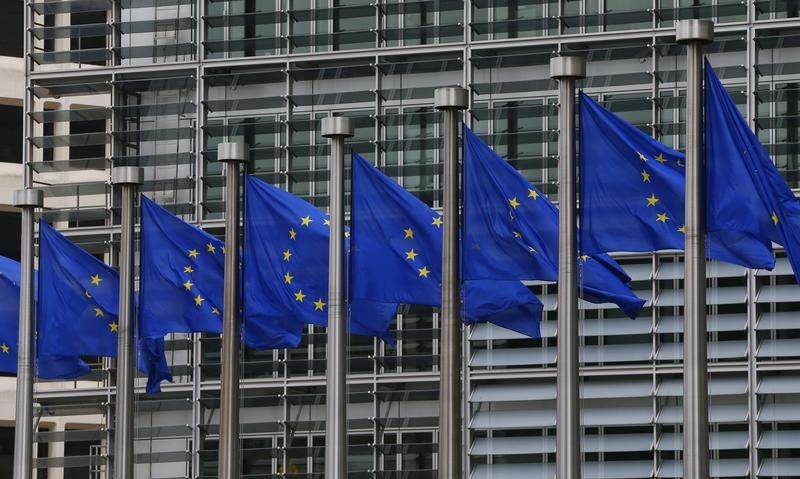By Jan Strupczewski and Paul Taylor
BRUSSELS (Reuters) - European Union governments can safely buy into an EU investment fund without risking punishment for raising their public debt or deficit under the bloc's fiscal rules, a top European Commission official said on Thursday.
The EU wants to launch a highly leveraged investment fund -- the European Fund for Strategic Investments (EFSI) -- next year to help kick-start economic growth. It has urged member states to contribute capital to increase its effectiveness.
But governments with high budget deficits and public debt have been wary of buying shares in the EFSI, fearing this could get them into trouble for breaking EU fiscal rules, which require reaching budget balance.
Breaking the rules can lead to fines under EU disciplinary action called the excessive deficit or debt procedure (EDP).
"I understand very well the questions of member states if capital injections would have a negative impact under (EU budget rules)," Commission Vice-President Jyrki Katainen said, adding they would be treated like capital contributions to the euro zone bailout fund -- the European Stability Mechanism (ESM).
"Our message is that capital injections in the EFSI will be treated similarly as the ESM capital was," Katainen told Reuters in an interview as EU leaders gathered in Brussels to discuss the investment scheme.
Capital contributions of euro zone governments to the ESM were treated as a one-off expense and not taken into account by the Commission when assessing compliance with EU rules, although they can still be seen in government statistics.
"It will have no negative consequences -- it will show in the statistics, because it has to, but it will not trigger an EDP," Katainen said.
Several countries have declared readiness to take stakes in the EFSI once this issue is clarified. With more capital, it could finance bigger and riskier projects, EU officials say.
For now, the fund is to be created next year with 21 billion euros (16 billion pounds) of EU capital, aiming to attract 15 times that amount in private money to invest in energy, transport networks, education and research.
Katainen said many private investors have insisted the projects should be selected by the EFSI's board, independent of national politicians.

But some EU governments have demanded a say in which projects receive backing, especially if they are to commit capital. The issue will be discussed over the next six months between EU governments and institutions.
(Additional reporting by Tom Koerkemeier; Writing By Jan Strupczewski; Editing by Andrew Heavens)